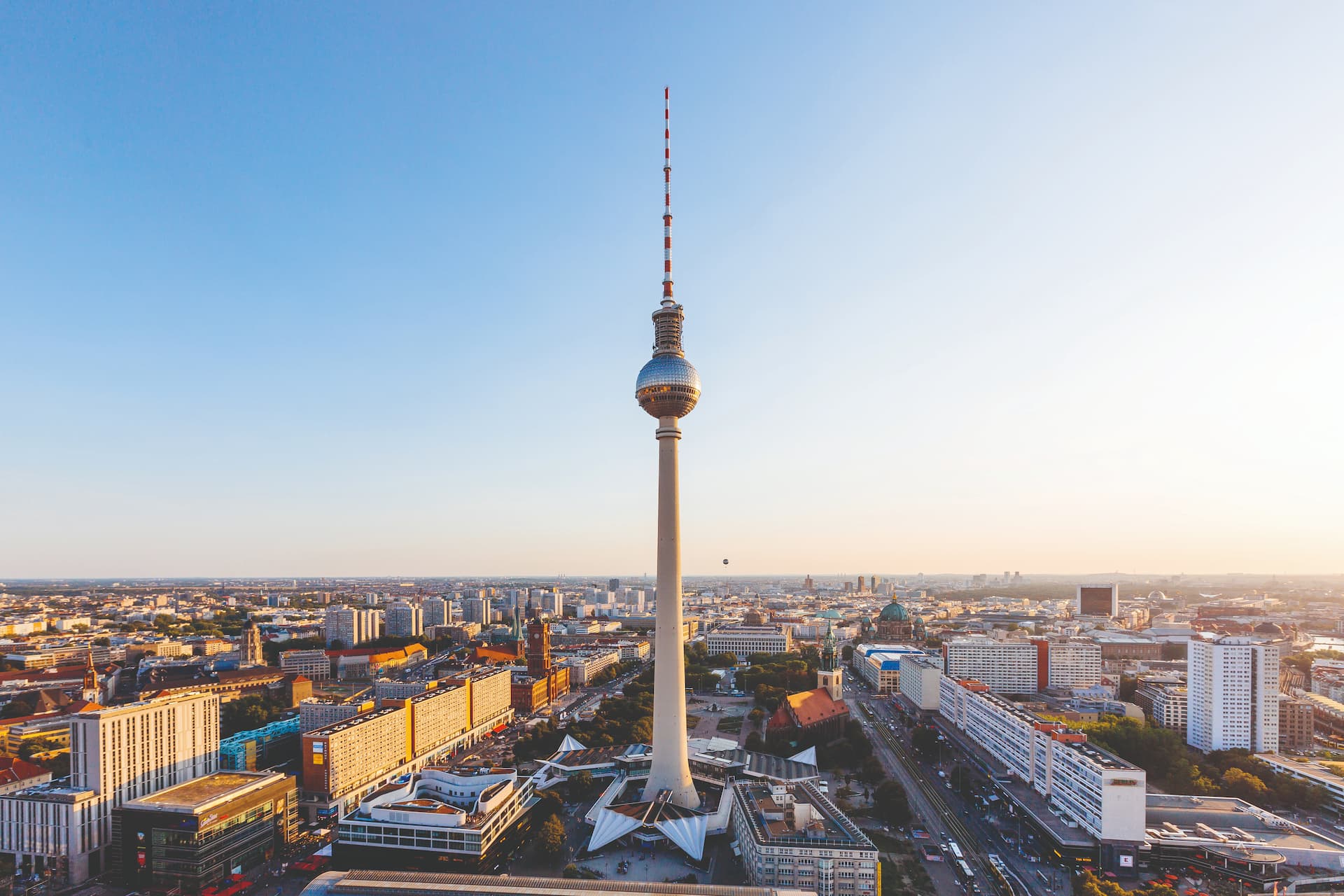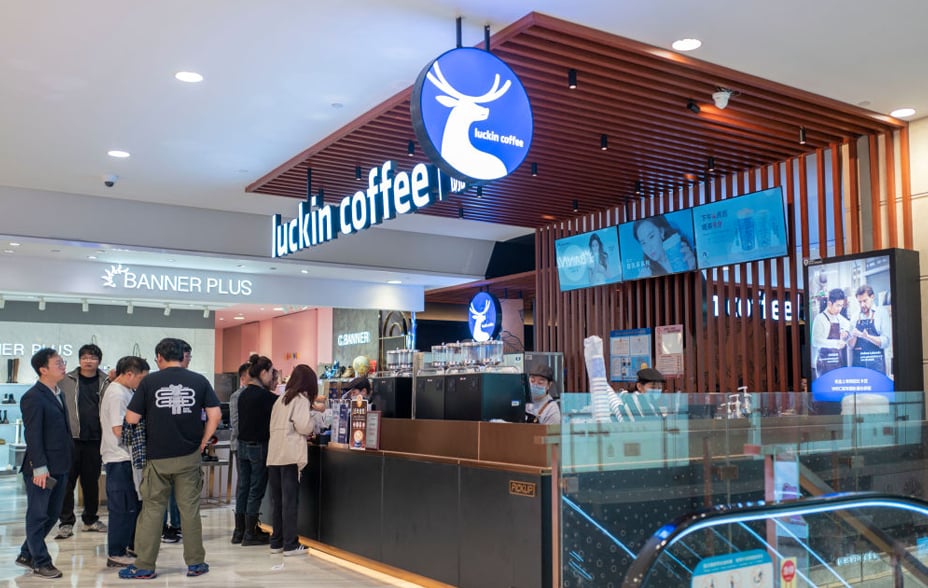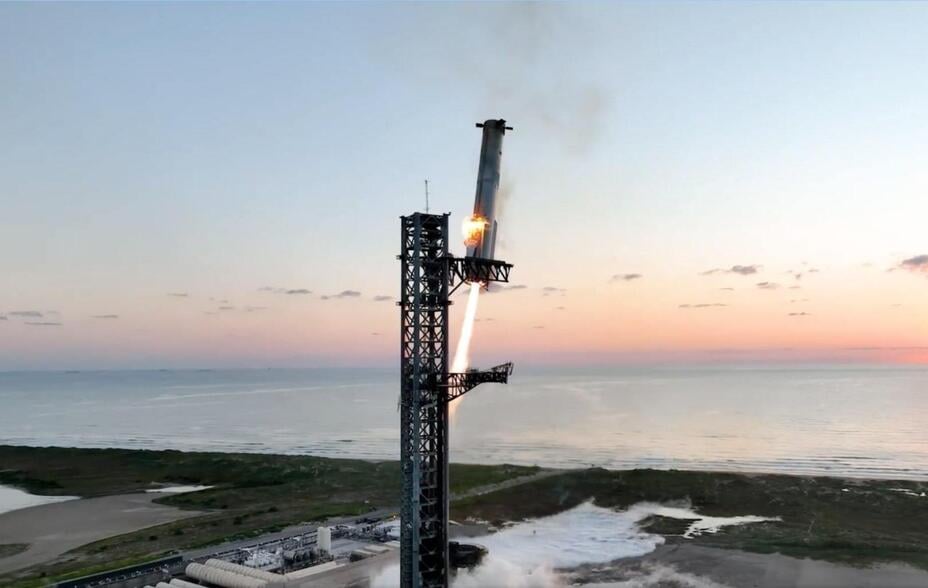
Berlin skyline with Fernsehturm TV Tower
Please remember that the value of an investment can fall and you may not get back the amount invested. This article originally featured in Baillie Gifford’s Autumn 2022 issue of Trust magazine.
On a recent visit to Berlin, Lawrence Burns spent a busy day shuttling among the head offices of some of the city’s leading online disrupters – fashion platform Zalando, quick-commerce pioneer Delivery Hero and meal kit provider HelloFresh.
A visit like that would have been impossible 10 years ago, when ‘European innovation’ still struck many money managers as an oxymoron. Today, though, no one in search of the next big thing can afford to ignore what’s happening in Berlin and elsewhere on the continent, says Burns.
“It’s been harder in Europe to find American or Chinese levels of company creation,” Burns notes. “What matters is ambition and mindset, and in the US and China people believe they can build companies that they’re convinced can succeed, even if they only have a one in 20 chance. You might say that’s bravado or arrogance, but the atmosphere it creates can be helpful because people need to believe in themselves.
“Now there are European cities where you’re seeing that culture develop, and Berlin is one of them.”
Burns hunts for what he calls “outlier companies” capable of growing to global scale, and he is seeing more and more of these potential world changers pop up in Europe. They range from service-based networks such as HelloFresh and cutting-edge manufacturers such as Netherlands-based chip technology specialist ASML to green-tech pioneers such as Climeworks, a Swiss company that is building industrial-scale contraptions to suck greenhouse gases out of the atmosphere.
Thanks to companies of this sort, the market value of Europe’s innovation sector has swelled fivefold over the past five years, Burns estimates. He expects more gains to come. “It’s like a snowball effect,” he says, as one success builds on another.
Burns argues that Europe has a deep pool of technical expertise that is often unjustly neglected
A group of European disrupters is proving that large-scale innovation isn’t limited to the west coast of the US or the east coast of China. The group includes Daniel Ek of Swedish-based music-streamer Spotify, Tim Steiner of UK online grocer Ocado, and Niklas Östberg and Robert Gentz of Germany-based food delivery service Delivery Hero and ecommerce company Zalando respectively. They are thinking big and inspiring others to do the same.
Steiner, for example, is pioneering the use of advanced robotic technology in food distribution. The London-born entrepreneur has secured commitments from customers around the globe for about 60 of Ocado’s automated grocery warehouses. He is planning for many times that number.
Similarly, Dominik Richter, founder of HelloFresh, has always had a vision that extends beyond his local German market. HelloFresh’s not-so-modest goal is to “change the way people eat forever” by building a global platform capable of delivering scores of specialised food options. With more than a billion meals delivered in 2021, HelloFresh is already the most popular meal kit company in the world.
Institutional investors are taking note of these big ambitions, according to Burns. Europe is attracting a growing share of the world’s venture funding. Prominent backers of early-stage companies include Ek, who is reinvesting some of his Spotify fortune in European tech startups, and Kinnevik, the holding company controlled by Sweden’s Stenbeck family, whose board is now chaired by former Scottish Mortgage manager James Anderson.
Burns argues that Europe has a deep pool of technical expertise that is often unjustly neglected.
He offers ASML as a case in point. Headquartered near Eindhoven, the Dutch giant dominates the global market for sophisticated microchip-making machines. Using ‘extreme ultraviolet lithography’, they lead the world in supercharging chips by enabling the addition of billions of transistors with microscopic precision, improving power, speed and energy efficiency. Each of its flagship units sells for upwards of €300m and is so massive that it requires fleets of planes and trucks to transport. Yet ASML garners scant attention despite its key role in the global tech industry and its building of what many academics regard as the world’s most complicated machines.
The company’s relative anonymity leaves Burns shaking his head. “Europe does have one truly utterly world-leading tech company,” he drily observes. “We just never talk about it.”
As galling as that may be, ASML demonstrates what may prove to be Europe’s hidden strength – an ability to mesh high technology with the continent’s legacy of manufacturing excellence. Sure, Silicon Valley may excel at rolling out clever apps for your smartphone. But Europe shines when it comes to building complex machines.
“Many of the problems in the world today are deeply rooted in the physical world,” Burns says. When it comes to tackling issues such as climate change, European companies take a back seat to no one.

Several of the European innovators in Scottish Mortgage’s portfolio reflect that focus on solving problems in the material world. In addition to ASML and Climeworks, the Trust’s holdings include companies such as Northvolt (a Swedish battery maker) and Lilium (a German company working to develop electrically powered flying vehicles).
At the same time, other European companies in the portfolio are showing a deft hand when it comes to building more consumer-focused businesses. Consider Delivery Hero. From his Berlin base, Östberg has built the world’s largest food-delivery network outside China, with leading positions in nearly 50 countries spanning Asia, the Middle East and Latin America.
What accounts for this international success? Burns suggests European innovators may have an edge because they are forced from an early stage to operate in Europe’s multilingual, multijurisdictional milieu. Having to do business in so many countries encourages companies to adapt quickly to meet local conditions.
The nimbleness that results can pay off in other ways as well. Burns cites the example of Zalando’s Gentz, who rejigged his business model after visiting China and seeing what the likes of Alibaba and Tencent were doing. He shifted Zalando away from being a wholesale seller and transformed it into a highly successful platform for enabling other fashion brands to market their goods across Europe.
The bustling innovation scene in Berlin and elsewhere on the continent offers a striking contrast to the cautious, buttoned-down mentality that Burns thinks partly stems from Europe’s educational tradition. He contrasts what contemporaries have told him about California’s Stanford University, “where all people talk about is founding a company”, with his own university days at Cambridge, where fellow undergraduates sought jobs in law and finance. “The idea of being an entrepreneur? Honestly, it never came up… It was very depressing.”
Europe’s new innovators are showing how much the cultural context has changed in Scottish Mortgage’s near-home patch – and how much more is possible. These individuals have big ambitions and they are intent on challenging the business establishment. Their swagger reminds Burns of the confidence he sees in the US and China. That in turn inspires his confidence that Europe’s best entrepreneurs can have the ambition and mindset to “go out and build companies that can disrupt the world”.
At the time of publication, in addition to Scottish Mortgage, the following trusts were invested in the companies mentioned above:
ASML - European Growth Trust, Keystone Positive Change
Climeworks - Keystone Positive Change
Delivery Hero - European Growth Trust
HelloFresh - European Growth Trust
Northvolt - European Growth Trust, Keystone Positive Change
Ocado - Edinburgh Worldwide Investment Trust
Spotify - European Growth Trust, Monks
Zalando - European Growth Trust
Investments with exposure to overseas securities can be affected by changing stock market conditions and currency exchange rates.
The views expressed in this article should not be considered as advice or a recommendation to buy, sell or hold a particular investment. The article contains information and opinion on investments that does not constitute independent investment research, and is therefore not subject to the protections afforded to independent research.
Some of the views expressed are not necessarily those of Baillie Gifford. Investment markets and conditions can change rapidly, therefore the views expressed should not be taken as statements of fact nor should reliance be placed on them when making investment decisions.
Baillie Gifford & Co Limited is wholly owned by Baillie Gifford & Co. Both companies are authorised and regulated by the Financial Conduct Authority and are based at: Calton Square, 1 Greenside Row, Edinburgh EH1 3AN.
The investment trusts managed by Baillie Gifford & Co Limited are listed on the London Stock Exchange and are not authorised or regulated by the Financial Conduct Authority.
A Key Information Document is available by visiting bailliegifford.com




